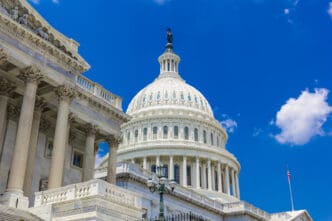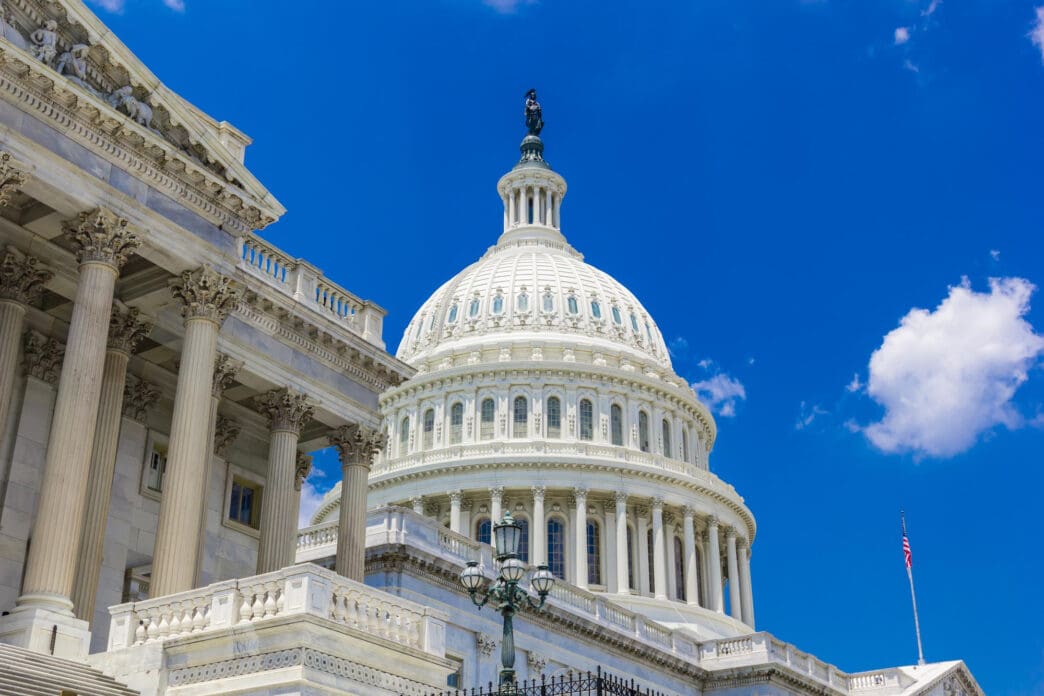Executive Summary
The Story So Far
Why This Matters
Who Thinks What?
A growing number of Republicans are expressing unease over President Donald Trump’s administration’s strategy to utilize a government shutdown by targeting federal agencies and programs, a move that some fear could lead to political backlash. The administration, led by Office of Management and Budget (OMB) Director Russ Vought, has explicitly aimed to cut what it describes as “Democrat Agencies” and funding in states perceived as hostile, sparking concern among some GOP lawmakers ahead of the 2026 midterm elections.
Administration’s Aggressive Stance
The Trump administration has been transparent about its intent to leverage the shutdown for political ends. OMB Director Russ Vought has been tasked by President Trump to identify and cut agencies deemed “Democrat Agencies,” with Vought already announcing funding halts targeting 16 states, all of which are traditionally Democratic. Senator Mike Lee of Utah openly supported this approach, stating it would be “the Democrats’ worst nightmare.”
However, House Speaker Mike Johnson of Louisiana offered a contrasting view, suggesting that Vought carries out these actions “reluctantly” and “takes no pleasure in this.” Johnson’s statements appear to highlight a divide within the Republican Party regarding the administration’s aggressive tactics.
Republican Concerns Emerge
Several Republican lawmakers have voiced significant reservations about the administration’s strategy. Senator Kevin Cramer of North Dakota cautioned that such efforts could cost Republicans the “moral high ground” in the shutdown debate and lead to “political ramifications” and “backlash.”
Further criticism came from Senator Susan Collins of Maine, who labeled the administration’s targeting of $18 billion in infrastructure projects in New York as “totally unacceptable.” Representative Mike Lawler of New York echoed these sentiments. Senator Thom Tillis of North Carolina warned that the administration needed to be “really careful with that” to avoid creating a “toxic environment.” Even Senate Majority Leader John Thune of South Dakota acknowledged that Vought’s efforts were “muddying the political waters.”
Lessons from Past Initiatives
The concerns among some Republicans may stem from previous attempts at government efficiency initiatives. The Department of Government Efficiency (DOGE), a prior effort to streamline federal operations, faced broad public disapproval. A March CNN poll indicated that 62% of Americans feared DOGE cuts would “go too far and important federal government programs will be shut down,” with around 6 in 10 Americans disapproving of the initiative overall.
Polling in June showed these negative views persisted, with 45% of Americans rating DOGE’s performance as “poor” compared to 20% who called it “excellent.” The architect of DOGE, Elon Musk, also saw his public approval decline significantly. The initiative became a notable subplot in the 2025 Wisconsin Supreme Court race, where a Democratic-aligned candidate won by 10 points after Musk’s prominent involvement.
Electoral and Political Implications
The current shutdown strategy carries significant electoral risks. While the 16 states initially targeted by Vought are considered “blue,” they also contain a disproportionate number of competitive House races for the 2026 midterms. Over 40% of the 39 House districts rated as “toss-up” or leaning slightly toward one party by the Cook Political Report are located within these states.
President Trump has also linked Vought to “PROJECT 2025 Fame” on Truth Social, despite Project 2025 itself having a significantly negative public perception. A poll late in the 2024 campaign showed 57% of registered voters had a negative view of the Heritage Foundation playbook, compared to just 4% with a positive one. Trump had publicly distanced himself from Project 2025 during the campaign, though he has since hired many prominent figures involved in its development.
Democrats Call the Bluff
Democrats, who previously conceded during an earlier shutdown debate due to similar threats, appear to be taking a different approach this time. House Minority Leader Hakeem Jeffries publicly dismissed Vought’s halting of New York’s infrastructure funding as “baseless threats.” This stance suggests Democrats are prepared to let the administration’s strategy unfold, gambling on the potential for public and Republican backlash.








